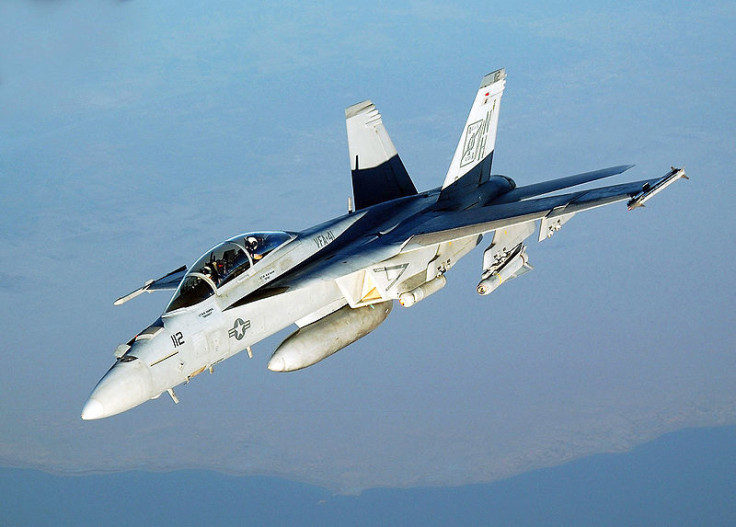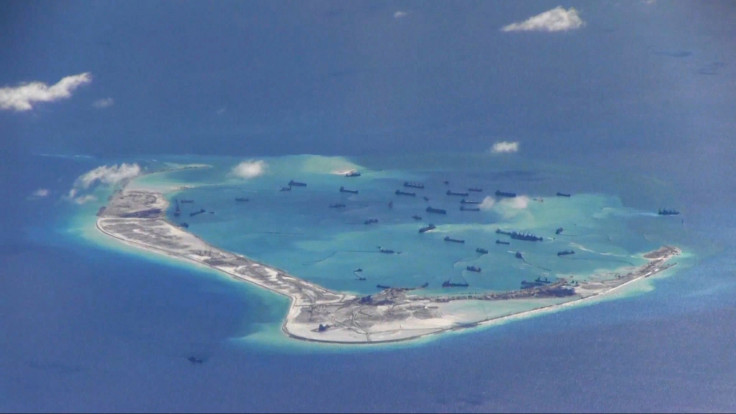US navy jets intercept Russian bombers close to USS Ronald Reagan off coast of Korea

The US navy sent four armed jets to confront two Russian bombers which approached to within a nautical mile of the 100,000 tonne nuclear-powered aircraft carrier USS Ronald Reagan off South Korea. The two Russian Tu-142 Bear aircraft were escorted away by four F/A-18 jets.
The incident took place in international waters in the Sea of Japan off South Korea, with whom the US is taking part in military exercises. A US ship escorting the Reagan hailed the Russians but did not get a response. South Korean planes intercepted the Russian jets before being joined by the F/A-18s. White House spokesman Josh Earnest said the incident on Tuesday (27 October) "did not result in significant confrontation".
7th Fleet spokeswoman Lt. Lauren Cole said: "We are advocates of any country being able to operate within international norms. We do caveat that with the fact that all of these operations need to be conducted in accordance with the rights and regulations of other countries, and within a safe manner."
There have been numerous similar incidents involving Russian planes around the world as relations between Putin's Russia and the West deteriorate in the wake of Russia's involvement in Ukraine. Putin lays the blame on the West for attempting to expand Nato.

The incident comes a matter of days after the US angered China by sailing close to artificial islands constructed by China in the South China Sea. Guided-missile destroyer USS Lassen entered a 12-mile nautical mile zone around the Subi and Mischief reefs.
Then China's Global Times warned: "If such provocations continue, China's warships will have to engage in more face-offs with their US counterparts in the South China Sea. Beijing will be forced to accelerate military deployment in the region, including a quicker militarization of the islands to the extent that China can confront the US militarily in this region."
© Copyright IBTimes 2025. All rights reserved.





















